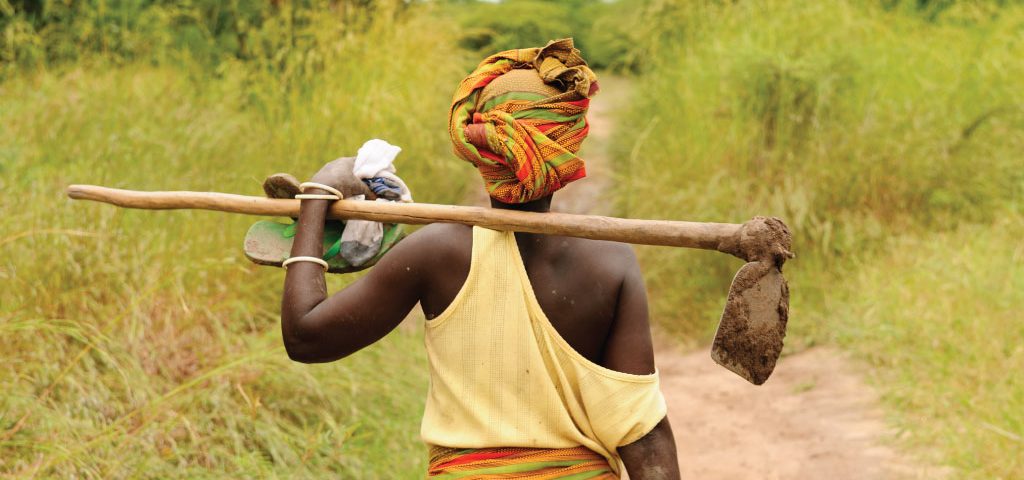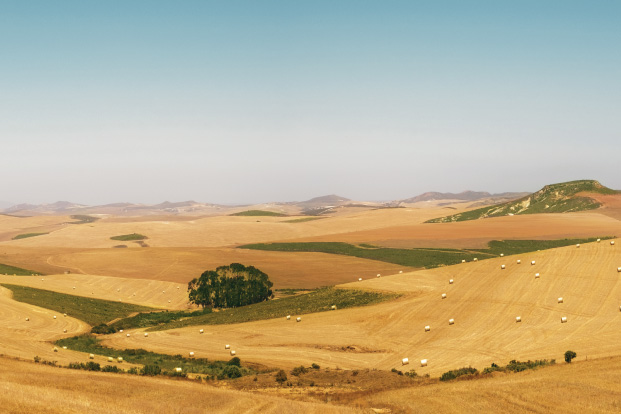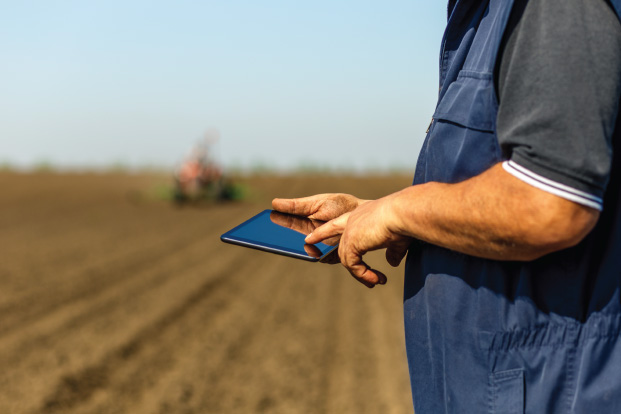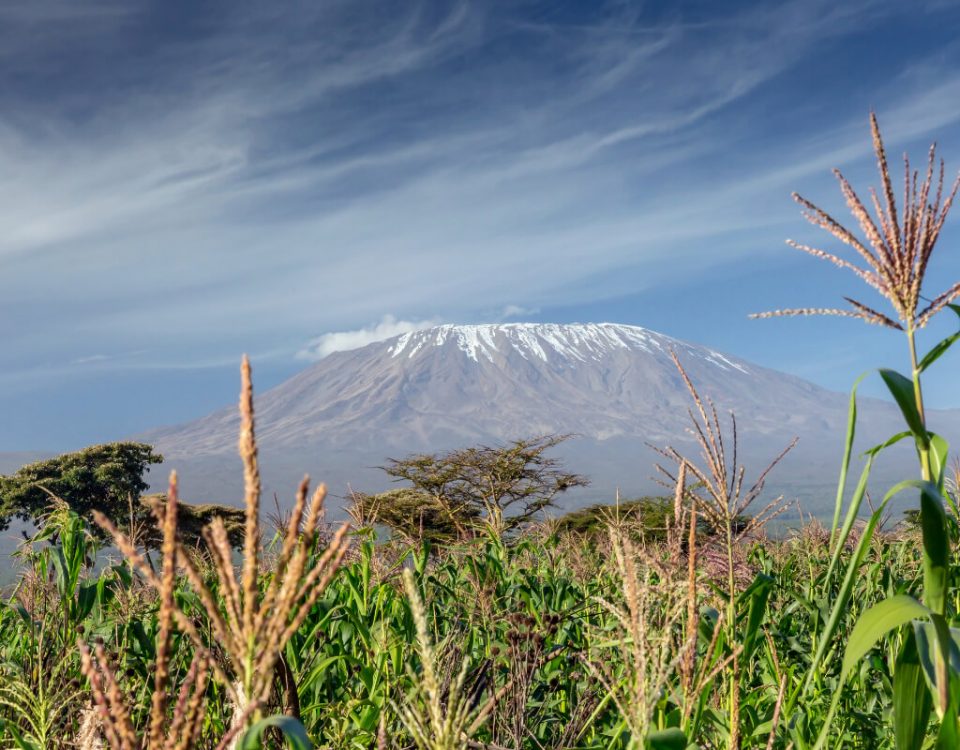Women in agriculture are key to boosting food security

Climate change expected to impact our crop yield
October 14, 2018
Almost R1 billion allocated to Western Cape drought relief
October 19, 2018
Food and nutrition insecurity remains a major problem worldwide. Alan Dangour, Professor in Food and Nutrition for Global Health at the London School of Hygiene and Tropical Medicine, explains how women in agriculture should be empowered to help address this situation
Women and Agriculture
Agriculture is important because it is the primary producer of most of the food that people eat. Agriculture is also a source of income, and agricultural policy has a major effect on food availability and food prices.
There is growing evidence that these three facets of agriculture are vitally important for ensuring good nutrition and good health in human populations.
It is also becoming increasingly clear that, on all levels, the status of women in agriculture is improving. Women who are involved in agriculture around the world are increasingly having a greater say in intra-household decision-making and in resource allocation, which influences the quality of nutrition in their households.
It is clear that these women’s ability to care effectively for young children is also determined by their work in agriculture. Their own nutritional status, and its intergenerational implications for nutrition are also important in agriculture.
The enormously important role of agriculture in food and nutrition security is based on four pillars.
These are: ensuring that food is available through agricultural systems and food markets; ensuring that people have access to this food at affordable prices; ensuring that the supply and affordability of this food is stable both within and across years; and ensuring that the right types of food, in terms of their nutritional value and safety, are available for consumption.
Agriculture is also important as a source of employment and income. Up to 30% of a country’s gross domestic product (GDP) and up to 60% of its national employment can come from agriculture, especially in sub-Saharan Africa.
Click HERE for the full article.
Sourced: Farmer’s Weekly



